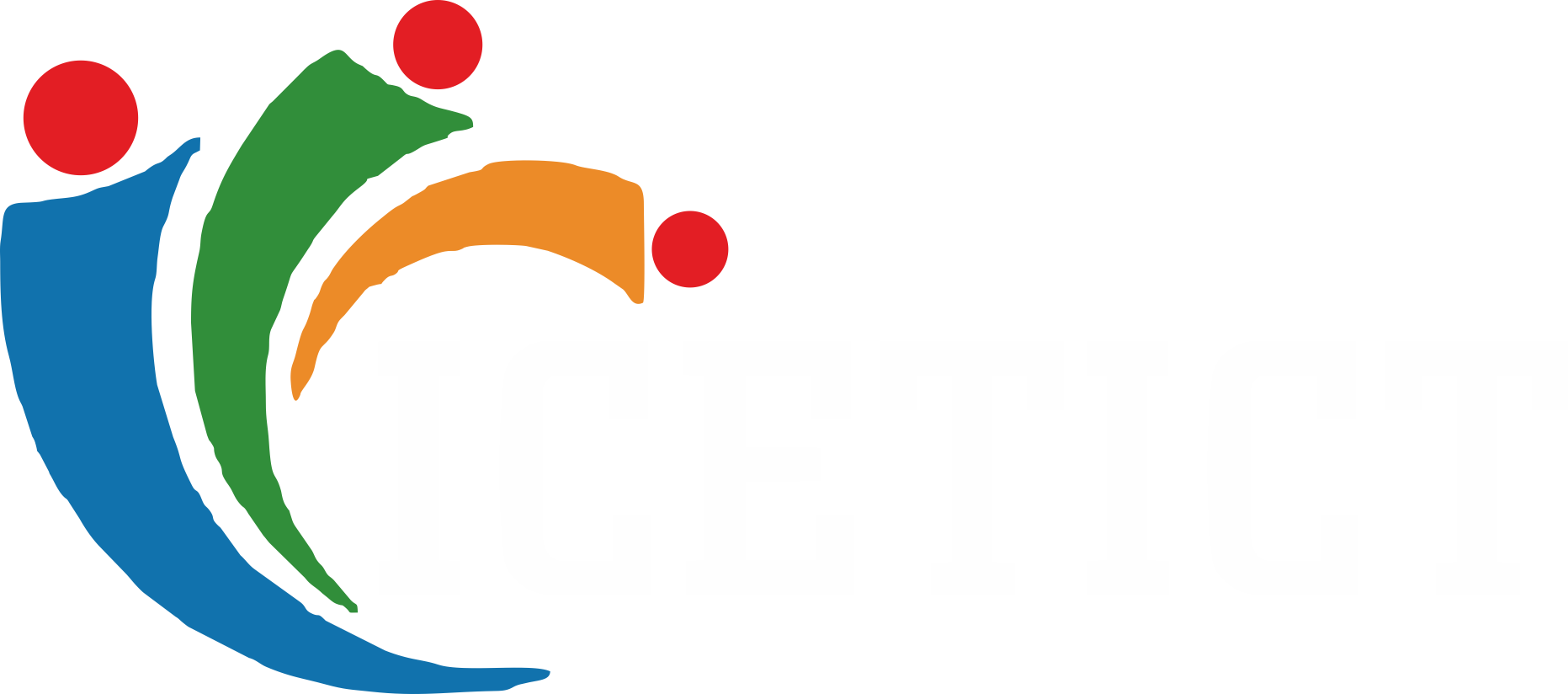ICETICT 2024 focuses on both theory and applications in the broad areas of advanced computing and intelligent engineering. ICETICT is a multidisciplinary conference organized with the objective of bringing together academicians, scientists, researchers from industry, research scholars, and students working in all areas of advanced computing and intelligent engineering. The conference will provide the authors and listeners with opportunities for national and international collaboration and networking among universities and institutions from India and abroad for promoting research and developing technologies. The aim of this conference is to promote the translation of basic research into applied investigation and convert applied investigation into practice. This conference will also create awareness about the importance of basic scientific research in different fields matching with the current trends. The conference will provide the flavor of keynote lectures by eminent speakers from different areas & panel discussion by industry people. The scope of the conference includes all areas of Advanced Computing and Intelligent Engineering. The various areas of ICETICT 2024 include but are not limited to the following:
- Big Data, Distributed and Cloud Computing
- 5G, IOT and Futuristic Technologies
- Multimedia Services and Technologies
- Neural Informatics, Machine Learning and Deep Learning
- Image Processing and Communication
- Intelligent computing in robotics and automation
- Power System, Control and Smart Grid
- Renewable Energy, Electric Vehicle and Global Sustainability
- Smart city, Smart systems and technologies
- Ubiquitous Computing, Networking & Cyber Security
- Theoritical & Applied Science
- Structural design in material & compsoite
Publication Ethics
- Technical papers describing original, previously unpublished research, not currently under review by another conference or journal, are solicited.
- The peer review process will be double blind.
- Permissible level of Plagiarism is 10 percentage.
- The evaluation is recommended to be based on technical soundness, language, scope, relevance, novelty, originality, quality etc.
- Authors are advised to submit the paper(s) in PDF format without author’s names, affiliation and other information related to authors.
Double Blind Peer Review
- For a submitted article, initial plagiarism checked and verifying minimal technical content will be done by chairs.
- Programme chairs will allocate the submitted articles (passing through above step) among reviewers according to their field of interest.
- At least two independent reviewers will need to review and approve a paper.
- A maximum of 5 papers should be assigned to a single reviewer.
